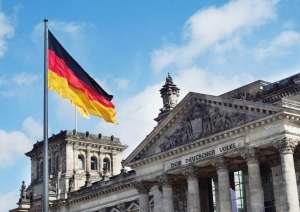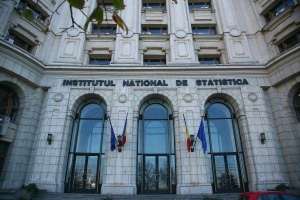What will the next Government look like?
This is a question that we can answer by saying what President Traian Basescu cannot do, rather than by what he can do. Basescu is definitely not in a position to accept an alliance with PSD, which would severely reduce his changes to be re-elected by leaving him without any electoral communication topic.
The recent past has shown that PD-L and PNL are drawing slightly closer to each other, which would have been very hard to imagine not so long ago. Hence, Basescu"s problem: how could he explain the Liberals" presence in the next Government, after having accused them for three years of being corrupt, or incompetent, or accomplices of PSD or any combination of the three. The current crisis seems to be working in the president"s favor, because he can use it to justify any coalition formula by saying that Romania cannot afford a weak Government at a time of crisis. The president, i.e. the dignitary who can nominate the next Prime minister, appeared on television a few days ago and announced the basic criteria for selecting the next head of Government: "politician," "right-wing," "economy acumen." PD-L, the presidential party, has two high-profile figures that can easily meet these criteria: Theodor Stolojan and Adriean Videanu. Since the latter is still scarred by legacy scandals dating back to his office as Mayor of Bucharest, the only remaining solution is Stolojan. Nonetheless, the Liberals would find Stolojan hard to digest, since he is the one who split their party into two for the president"s sake. In order to be consistent with himself after these four years, the president is somehow forced to nominate Stolojan as the future Prime minister. Even if Stolojan fails during negotiations with PNL, Basescu will have honored his electoral promise to the party that supported him during these hard years of conflict with Tariceanu"s wing, and also his promise to Stolojan, who has always been on his side since 2004. Nonetheless, Stolojan"s possible failure would allow the president to nominate a candidate from PNL, but not one of the current leaders. Probably a reputed economist, such as Daniel Daianu, whom people regard as a technocrat, rather than a member of PNL. Thus, the president could justify his choice of a PNL representative with the need for a Prime minister who can understand and counter the ongoing economic crisis. Such solutions would be easily accepted by the Liberals and even by the group around the current president of PNL, because a Prime minister such as Daianu would not be a threat to Tariceanu"s office as president of PNL, especially if the incumbent Prime minister gets a chance to become Speaker of the Lower Chamber of Parliament. In turn, PD-L could receive an office of vice prime minister, who would control several key ministries. So far, PD-L leaders have informed activists in the field that they will not negotiate the office of Prime minister or the offices of minister of Finance and minister of Interior. Surprisingly, PD-L no longer insists to have the office of minister of Justice, which is the one that destroyed the alliance with the Liberals. Their decision to give up on the office of minister of Justice seems to smoothen even further the reconstruction of the alliance with PNL, which is formally still in place. The fact that Stolojan also mentioned the Ministry of Transport (and its huge budget) on the list of offices that cannot be negotiated could mean that it is this office which they are ready to negotiate in blood with the Liberals and for which PD-L could trade the office of Prime minister, if Stolojan is not accepted by the Liberals. The most likely condition would be not to nominate Tariceanu or any other prominent member of his group, but someone like Daniel Daianu, a party member, who is less known as a party member and more as a professional. If the ongoing crisis seems to work in President Basescu"s favor, then a solution such as Daniel Daianu, or any other candidate, who is less apparent as a politician and more as a professional, could be the president"s crisis management solution for the post-election days.


















































